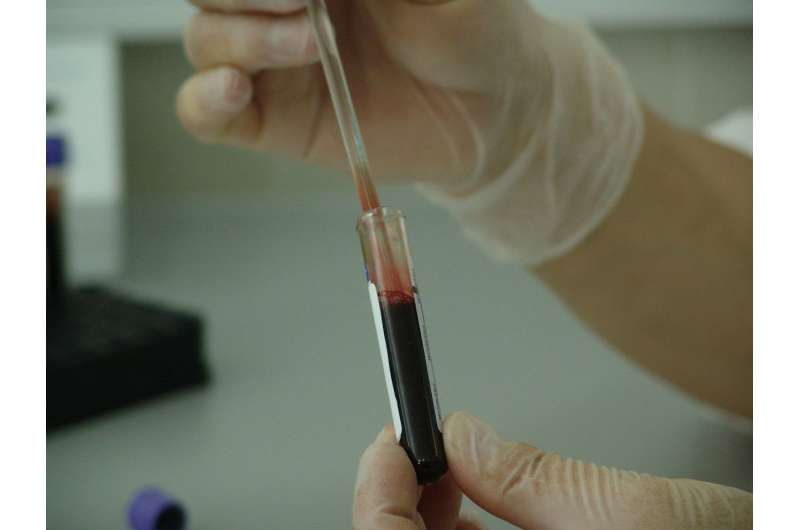New Molecular Mechanism Uncovered in Childhood Brain Cancer

Researchers uncover a key molecular mechanism driving childhood brain cancer, revealing potential targeted therapies for Diffuse Midline Glioma.
Scientists from around the world have identified a critical molecular process that contributes to the development of a lethal childhood brain tumor known as Diffuse Midline Glioma (DMG). This discovery opens promising avenues for targeted therapies, offering hope for a disease currently lacking effective treatments.
Published in the journal Molecular Cell, the study reveals how DMG tumors exploit a specific gene-regulation mechanism to promote their growth. DMG, which originates deep within the brain, primarily affects children and young adults. Nearly all cases involve a mutation in the histone H3 protein, essential for DNA packaging, which disrupts the normal gene silencing marker H3K27me3. Previously, it was believed this disruption led to widespread gene activation, fueling tumor progression.
However, new findings challenge this view. Researchers demonstrated that elements of the gene-silencing system are still active in these tumors and are actually necessary for their survival. Using advanced genetic screening techniques, the team identified that a particular gene-silencing complex called CBX4/PCGF4-cPRC1 plays an outsized role in repressing genes that might otherwise hinder tumor growth. Interestingly, this complex represents less than 5% of the overall silencing machinery but is vital for the tumor's continuation.
Further investigation uncovered a novel region in the CBX4 protein that enables it to partner with PCGF4, forming a powerful gene repression unit. This interaction helps the tumor cells silence critical genes, supporting their unrestrained growth.
Lead researcher Professor Adrian Bracken from Trinity College Dublin explained, “Although this specific form of PRC1 complex is rare, it is essential for tumor growth. Targeting this unique complex could lead to more precise and less toxic treatments for patients.”
Dr. Gerard Brien from the University of Edinburgh added that disrupting CBX4’s interaction with chromatin or its partner PCGF4 could interfere with the tumor's ability to suppress genes that inhibit growth. Such strategies might pave the way for new therapies against this aggressive cancer.
This research was driven by former Ph.D. students Eimear Lagan and Daire Gannon, who collaborated closely during their studies. Their work highlights a promising target—CBX4—for developing treatments that may one day improve outcomes for children afflicted with DMG.
The full details of this groundbreaking study can be found in Molecular Cell.
Source: Medical Xpress
Stay Updated with Mia's Feed
Get the latest health & wellness insights delivered straight to your inbox.
Related Articles
Promising Results in EGFR-Mutated Lung Cancer with Iza-bren and Osimertinib Combination Therapy
A new study demonstrates that combining iza-bren with osimertinib yields a 100% response rate in patients with EGFR-mutated non-small cell lung cancer, offering hope for improved first-line treatment options.
Early Detection of Liver Transplant Complications Using Blood Tests to Prevent Organ Failure
A novel blood test analyzing circulating DNA can detect early liver transplant complications, enabling personalized treatment and preventing organ failure.
Semaglutide Shows Promise in Improving Metabolic and Physical Health in Patients with Schizophrenia on Antipsychotics
A recent Danish study finds that weekly semaglutide improves blood sugar, promotes weight loss, and enhances physical health in adults with schizophrenia on antipsychotics, highlighting its potential as a safe and effective treatment option.
Socioeconomic Disparities Linked to New Cases of Hidradenitis Suppurativa
Studies reveal a strong link between neighborhood socioeconomic status and the risk of developing hidradenitis suppurativa, highlighting social factors in skin health disparities.



